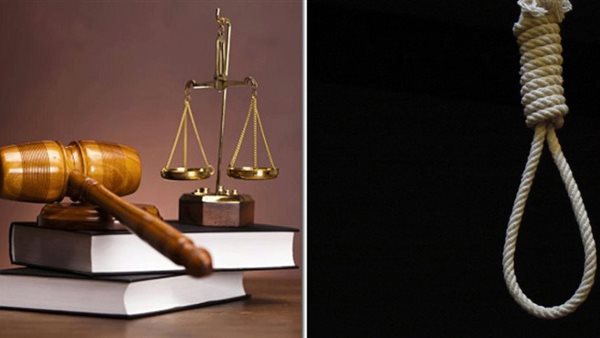Homicide in Islam: Jurisprudence and Legal Classifications

Homicide in Islam: Jurisprudence and Legal Classifications
Homicide in Islam occupies a position of utmost gravity and seriousness within Islamic law. Sharia considers the preservation and protection of human life to be among its most critical higher objectives (Maqasid al-Shari’ah), emphasizing that assaulting one human life is an aggression against all of humanity.
Islam unequivocally forbids the killing of any soul unjustly, considering it one of the greatest major sins after polytheism ().
This principle is underscored by the Quran, which states regarding the penalty for deliberate killing (Surah An-Nisa, verse 93 – translation by Abdullah Yusuf Ali):
“If a man kills a believer intentionally, his recompense is Hell, to abide therein (For ever): And the wrath and the curse of God are upon him, and a dreadful penalty is prepared for him.”
The Quran also emphasizes the magnitude of murder in a passage that addresses the sanctity of life (Surah Al-Ma’idah, verse 32 – translation by Abdullah Yusuf Ali):
“…if any one slew a person – unless it be for murder or for spreading mischief in the land – it would be as if he slew all mankind: and if any one saved a life, it would be as if he saved the life of all mankind.”
The Sanctity of Life: The life protected from unjust killing includes that of a Muslim and non-Muslim (those under treaty, protection, or permanent covenant) who live under the protection of the Islamic state or under a pact of safety.
Legal Classifications of Homicide in Sharia
Homicide in Islamic jurisprudence is divided into several types, whose rulings and penalties vary according to the intention and the means used:
1. Intentional Homicide ()
This occurs when the offender intends to kill a specific person and uses a tool that is commonly lethal (such as a firearm or a sharp knife).
- Ruling: It mandates Retribution (Qisas), which is the death penalty for the offender. This penalty, however, can be waived if the victim’s heirs pardon the offender in exchange for Blood Money (Diyah) or grant a full, gratuitous pardon.
- Afterlife Penalty: The threat of eternal damnation in Hellfire, God’s wrath, and curse (unless sincere repentance is offered and accepted by God).
2. Quasi-Intentional Homicide ()
This occurs when the offender intends the act of aggression against the victim but did not intend to kill them, and used a tool that is generally not lethal (such as a light stick or a punch).
- Ruling: It does not mandate Qisas, but requires Aggravated Diyah (a heavier type of blood money) to be paid by the offender’s ‘Aqilah (male relatives/tribe), in addition to an Expiation () (fasting for two consecutive months or freeing a believing slave, historically).
3. Homicide by Error ()
This occurs when the offender did not intend the act of aggression or the killing, but their action inadvertently led to death (such as traffic accidents or dropping something that accidentally kills someone).
- Ruling: No Qisas or Aggravated Diyah is required. It mandates Mitigated Diyah (a lighter blood money) (paid by the offender’s ‘Aqilah) along with the Expiation (freeing a believing slave or fasting for two consecutive months).
Primary Penalties (Qisas, Diyah, and Kaffarah)
The punishment for homicide in Islam revolves around three axes:
The Role of Forgiveness in Intentional Homicide
Islamic law allows the victim’s heirs to forgive the intentional killer. Sharia encourages forgiveness as a meritorious act, which can take three forms:
- Absolute Pardon: Waiving both Qisas and Diyah.
- Pardon for Diyah: Waiving Qisas in exchange for a mutually agreed-upon financial amount.
- Settlement for more or less than the Diyah amount.
The Islamic legislation on killing aims to achieve a balance between justice and mercy, preserve social security, deter crime, and keep the door open for repentance and forgiveness.